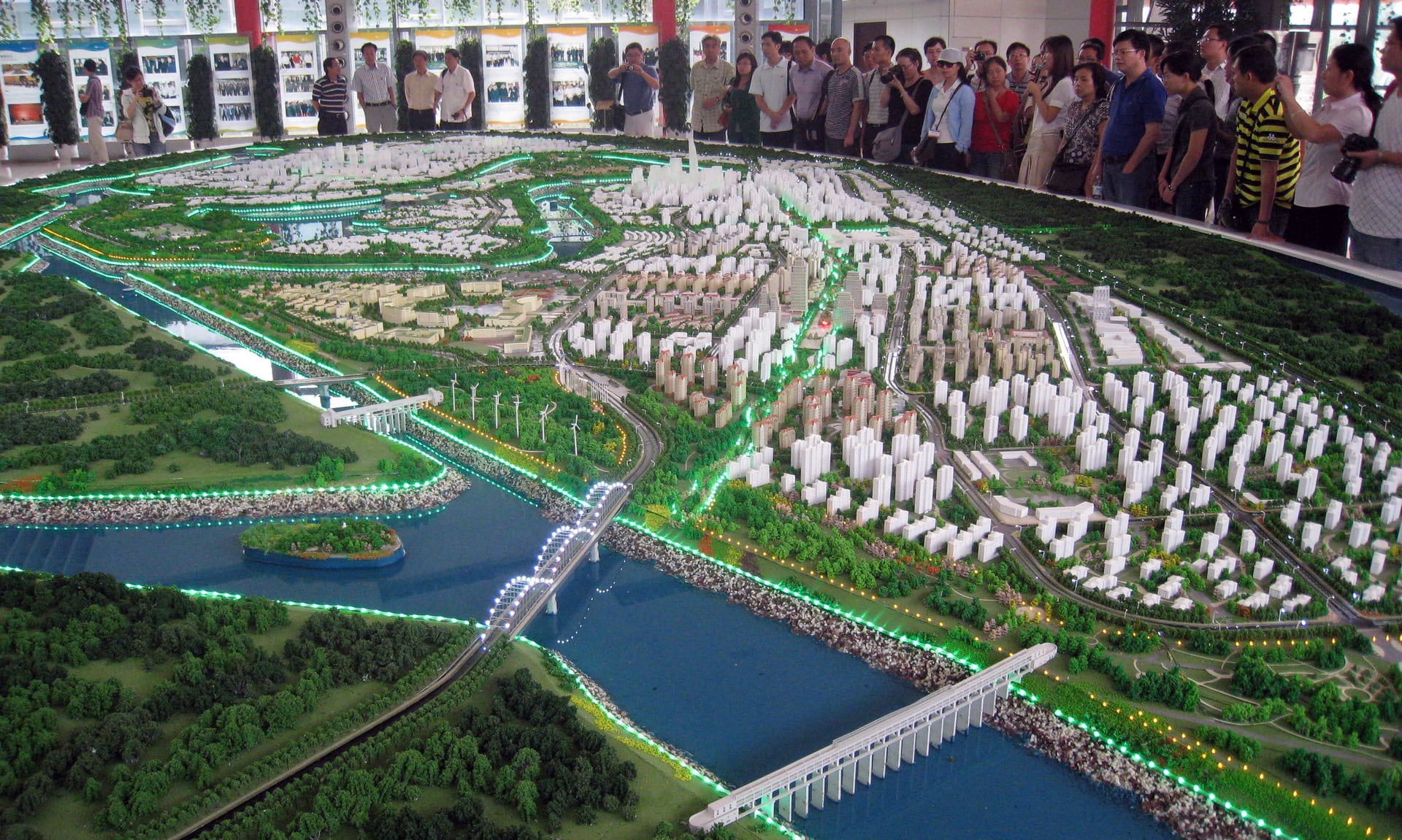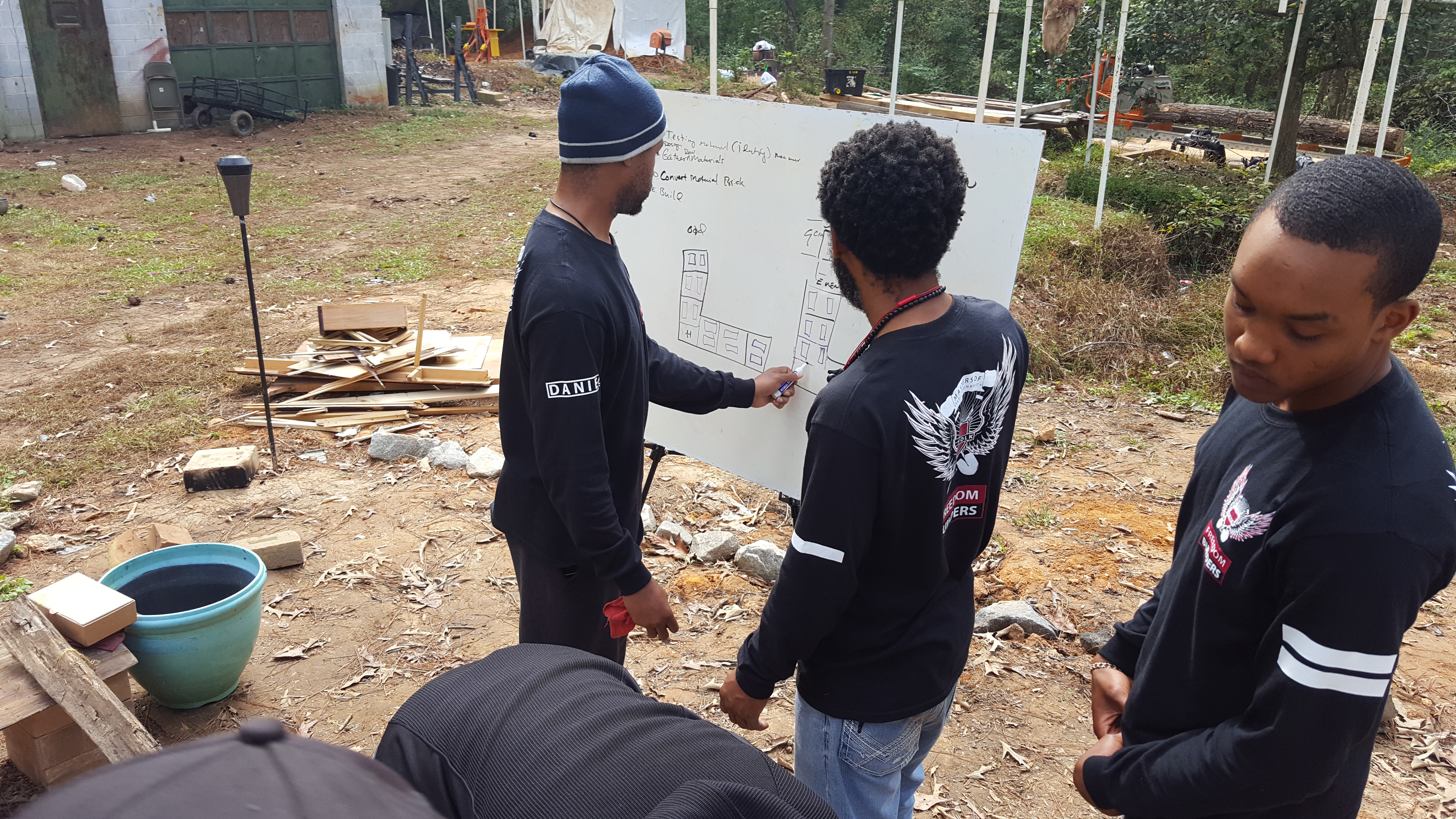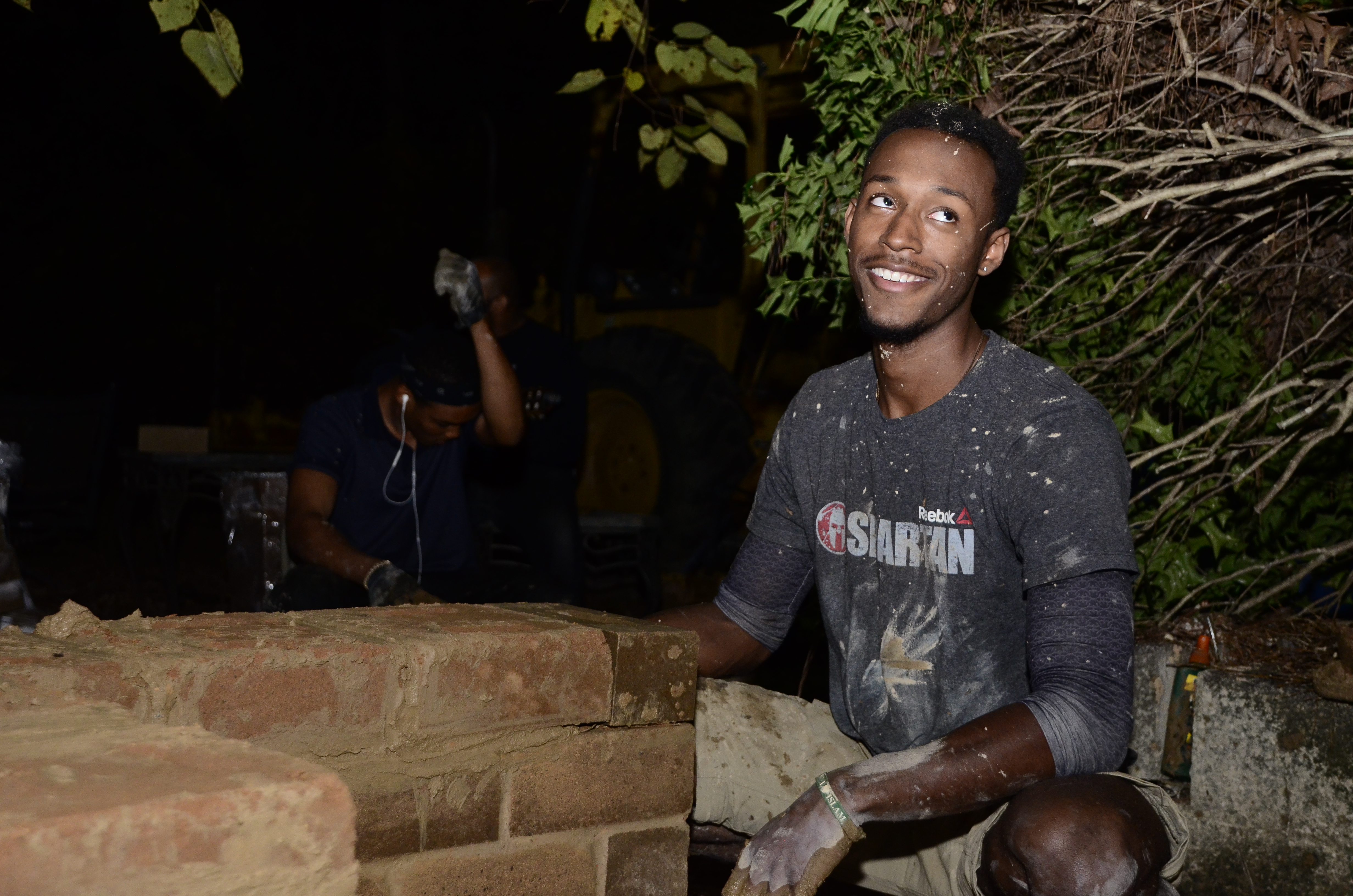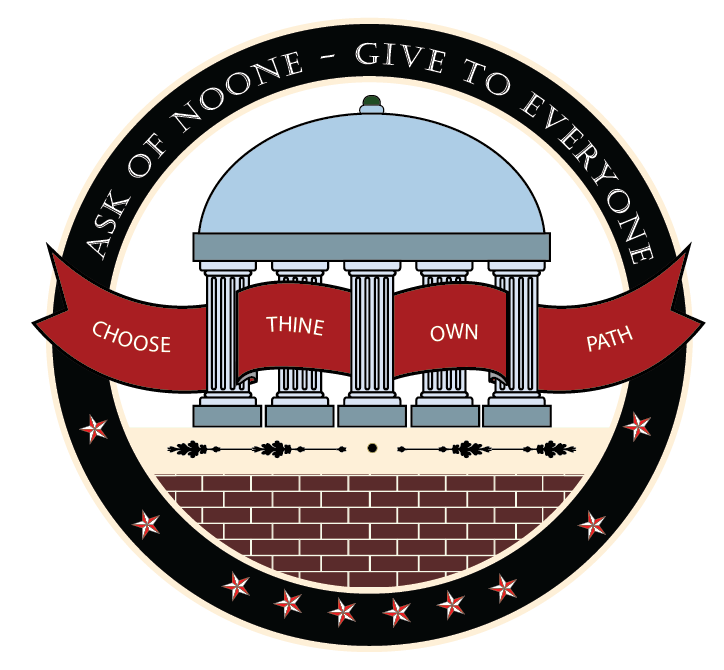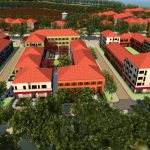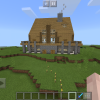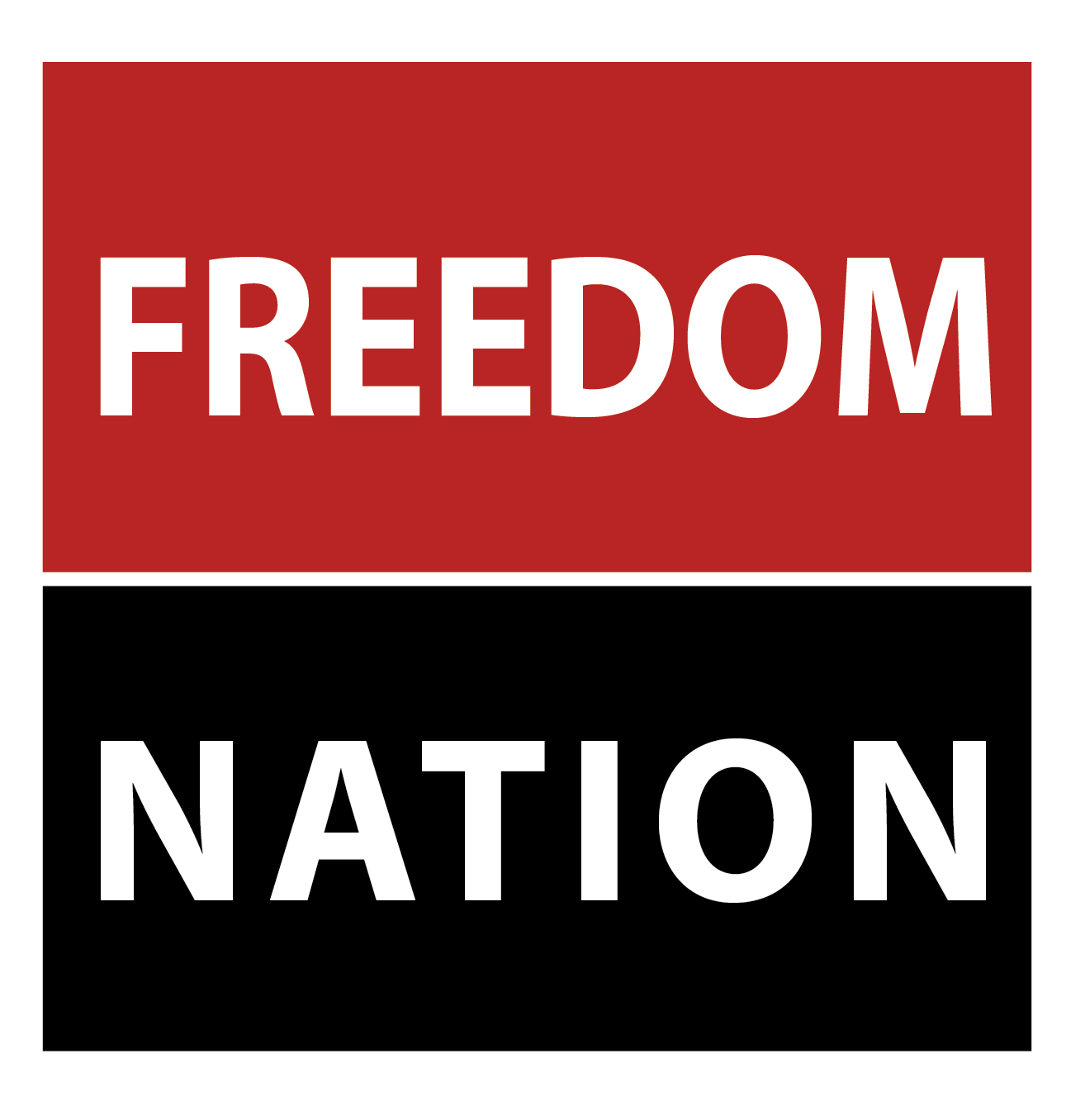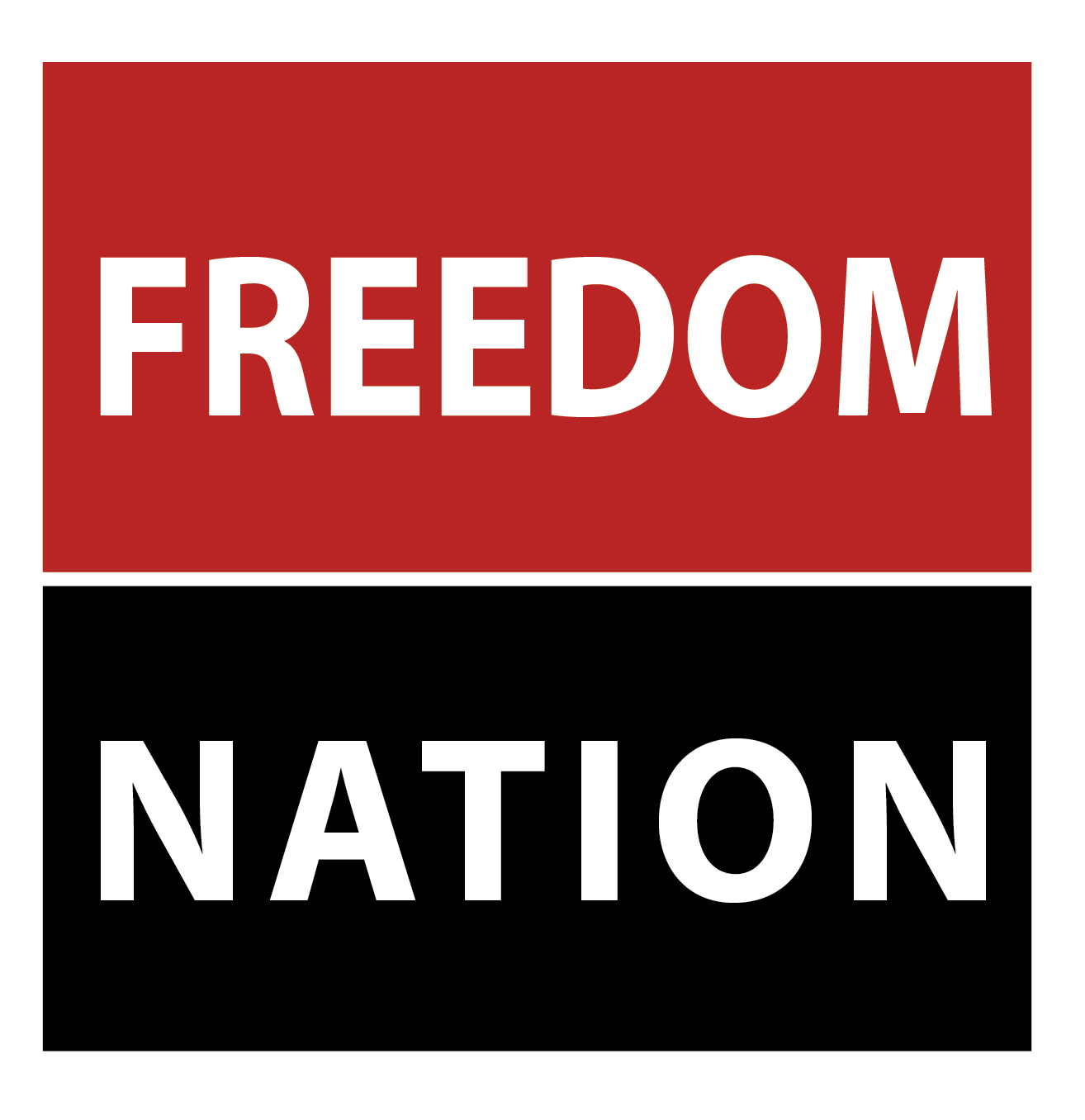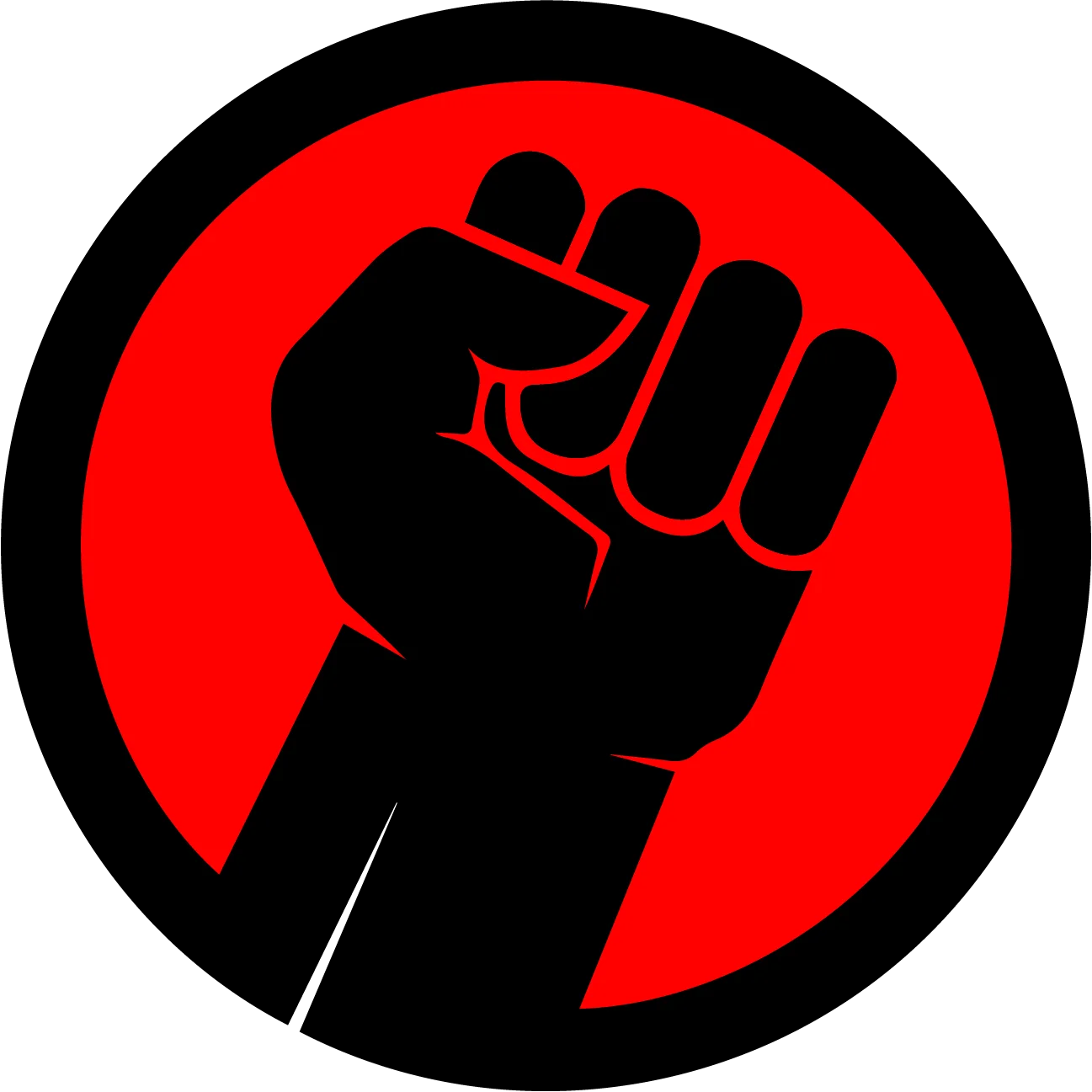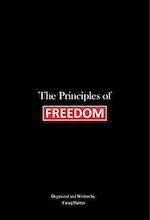The challenge of our generation is to identify how to improve on the social-economic decisions of the previous generation. In order to shape a future that over 10 billion humans, the greatest population the earth has ever held, can collectively find prosperity in. But the sins of yesteryear have set the table in such a way where the boom to build tomorrow’s great cities has landed solely in the hands of the wealthy. Essentially leaving our future to the hands of the direct descendants of those who designed our past. It is a scene that calls to mind the words of Albert Einstein “Insanity is doing something over and over again and expecting a different result.” For those 99% of the world’s population who were the losers of the world’s last great redesign, we cannot afford for history to simply repeat itself.
At the heart of the current design is an economic system that empowers the few and dis-empowers the many. Keeping the masses from having a true guiding hand in their own future is the legacy of the system of the free market and the currencies that run it. Not to overpower this article with quotes, but I can’t help but think of the words of the free market’s father, Adam Smith. Adam Smith said that “For one very rich man there must be at least five hundred poor, and the affluence of the few supposes the indigence of the many.” The city building space is at the heart of creating economies where people are simply pawns of productivity for larger corporations.
In the end, building new cities is extremely expensive. Even the most sustainable designs can range from 2 billion to 500 billion depending on scale. As an example, the sustainable agrihood of Serenbe already has spent $2 Billion dollars to create housing for less than 400 people. The new technical city that rose from the reclaimed lands of South Korea, New Songdo, has a price tag exceeding 32 billion. Saudi Arabia’s most current new city project carries a price tag of over $500 Billion USD. At that cost, the billionaire eccentric, Donald Trump could not hope to finance more than a couple of fancy resorts but not much of a city. The cost inhibits to the idea of entrepreneurship. There is a reason why you have not heard of a small city building start-up that is looking for $5 Billion in seed funding. Even if they were to get it then the VC’s would own the city and the initial issue would still remain true.
As human beings, are we doomed to repeat the mistakes of the past? For the 7+ billion of us that are not billionaires, is the best we could ever hope to do is to plead and beg the powers that be to kindly listen to our demands so we feel included? In a small homestead in Atlanta Georgia the entire system is being challenged. The organization is called Freedom Nation and for the past 6 years they have been systematically dissecting the methods and costs for building cities. Through their research, the organization has found a way to reduce the costs associated with building new cities by 99.%. More importantly, the method being used forwards ownership of the new city from the hands of one developer and distributes it to the laborer’s who build the city and the makers that run the small businesses that make up the city’s economy.
Although the number seems astronomical in its savings, the idea that a 1 Billion dollar city could be built for 10 million dollars levels the playing field quite a bit. But most people’s first impression is that it is impossible. The Founders of Freedom Nation fill like that initial reaction to the savings is one of people’s training rather than mathematics. Although all of the costs are not completely removed, a deep analysis of where the money goes can reveal a method for negating its use and leveraging the playing field when it comes to building our future.

Behind most city building projects is an abundance of cheap laborers who can barely afford to live in the poorest parts of the cities they build.
When building new cities the money is spent on a variety of things. Fifty percent of the costs are for Land Acquisition and infrastructure development for water, transportation, communication, power generation, houses and buildings. Another 50% is spent on labor costs. Freedom Nation has developed a model to defer the cost of labor by paying a co-operative building force, called Free Folks, with a local crypto currency that can be used to buy 95% of the things needed for the builders to maintain a progressive and high quality life. The currency is backed by the materials, tools land purchased by the Freedom Nation in addition to the infrastructure that is created by the builders’ input. It is accepted not only by builders but makers that produce key life sustaining and essential household items. Builders willingly receive the local cypto-currency in lieu of traditional currencies because of its ability to provide them with their immediate needs from the makers. In addition, anyone holding the currency benefits from it as a form of investment. Sharing in the value of the growing city that is reflected in the rise in the value of the currency.
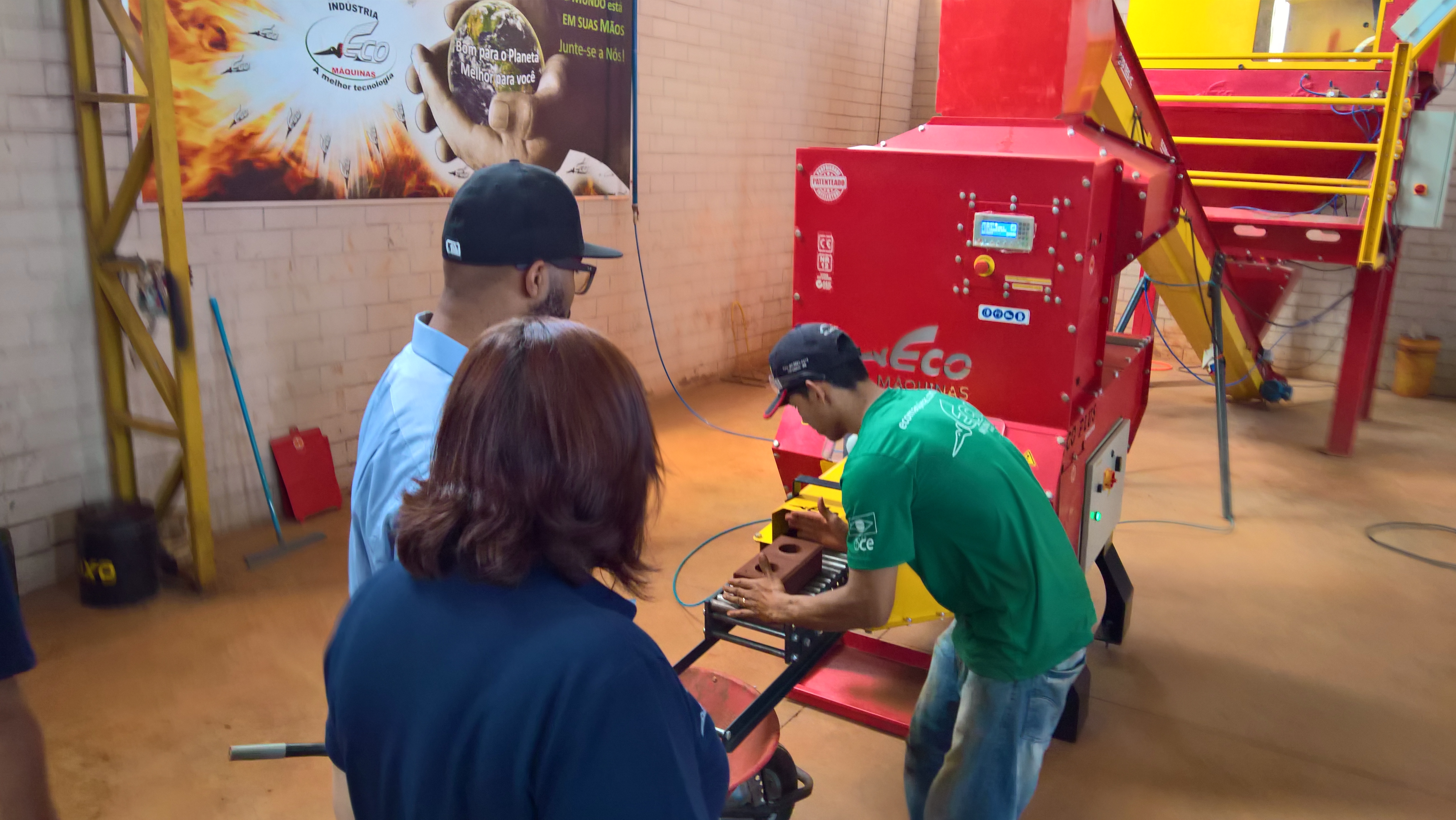
Freedom Nation partner demonstrating automated machines for producing professional Compressed Earth Blocks for Freedom Builder crews
Reduction in labor costs is only half of the story. Freedom Nation has also tackled the issue of materials needed to build the city’s infrastructure through a commitment to manufacturing from the land that the city will be built on. That is to say that there is a mandate at Freedom Nation to manufacture 95% of all infrastructure from the materials that are on the site where the city is to be built. Freedom Nation has established learning centers and labs throughout the world to learn how to convert local materials, at almost any site into professional building materials. The organization now possesses the knowledge and manufacturing capabilities to produce interlocking blocks made from local cement, clay and sand, cast rolled sheet glass made from local silica, lumber milled on-site and clay roofing and interior tiles from on-site clay. The resulting 5% of tools and materials that cannot be manufactured on-site are purchased from low cost international markets in bulk.
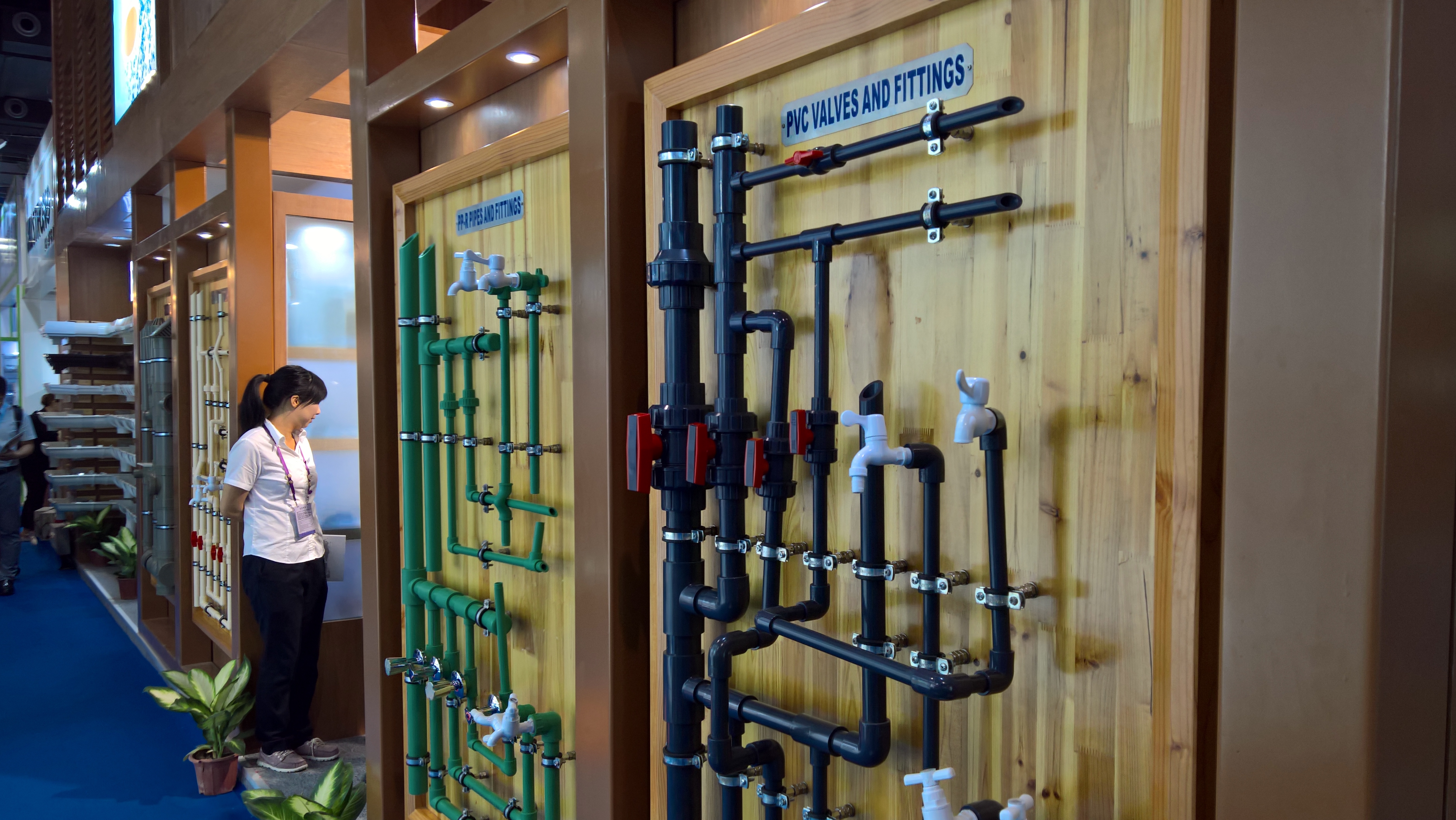
Taken during a Freedom Nation trip to the Canton Fair to buy PVC piping and Electrical wiring for Freedom Village Georgia.
The unique approach to reducing and diverting labor and material costs is the brain child of three brothers. Faruq Hunter, Mukhtar Jugger and Ihsan Muhammad. All three spent their childhoods in less than average economic backgrounds. From an absolute obsession to not be told ‘No’, the three brothers set out to develop the method that would ensure the future of their large family. With over 200+ family members in Atlanta, GA, the three brothers were worried about creating a future where the extensive labor and intellectual resources of their family would benefit large enterprises but only incrementally benefit the economic conditions of the family. The three brothers collectively agreed that to have such a large family and have another generation of poverty would be an unacceptable failure. But given the need to raise exorbitant amounts of capital and the great inhibitions placed on poor people and people of color, another generation of poverty seemed highly likely. However, as business analysts, project managers, process developers and software developers, the three brothers knew that a way to solve the conundrum was feasible through appropriate research and analysis.

Three Founders of Freedom Nation – Brothers Faruq Hunter, Ihsan Muhammad and Mukhtar Jugger. Purchasing land for Freedom Village Georgia
They see the lack of funding and lack of access to funds as an ailment of a poorly designed system instead of a condition of life. If the financial system had been created by human beings to increase productivity, then like all systems created by humans, it was in need for an innovative overhaul. As with any inefficient system, the system was dissected into various key parts and mapped out. After dissecting the issue the brothers sought out successful derivatives for each part by embarking on learning and discovery trips to over 38 countries and throughout the United States. The three researched current and historical models to labor compensation, production localization and city building. They then converted their family home-school and the 2 acres of land it sat on, just south of Atlanta, GA, into a living lab called Freedom Labs. For the last four years they have localized refined versions of their research into a cohesive and tech enhanced model called the Freedom Resource Empowered Economic Development Model or FREED. The core principle of the FREED development model have been documented in the book published by the Freedom Nation, ‘The Principles of Freedom‘.
Land development, human development and product development are the three areas of focus in the FREED model. Each area seeks to enhance the use of the acquisition, retention and application of the associated resource in a complimentary function, without minimal use of outside funds.
The land development process begins with thorough site selection. A geological study of the materials that lie in the land alongside a thorough investigation of the areas building laws to ensure that neither the materials nor the legal environment inhibit the creation and use of the building products to be manufactured. Once the site has been selected, detailed master plans are drawn using 3D design tools that allow for visualization and analysis of resource consumption. Alongside principles of great city designed (like walk-ability, green spaces, low-rises and intentional community) this develops a thorough resource utilization and development master plan. The land and tools are purchased by Freedom Nation and made available for the co-operative builders known as the Free-Folks.
As a matter of Human development, the very first things built on the land are the facilities to house, feed, educate and entertain the Free Folks and their families. Immediately after, the Free Folks begin work on the city’s farms, utilities and infrastructure for communication. This initial focus ensures that the builders and their families are cared for. Investments in land, tools and facilities ensure that the site for the new city is now 100% self-sustaining and exponentially reduces the need for external funds to sustain long term development.
Product development comes in the form of working with future residents that have a specialty in creating household and life sustaining foods and goods, known as Freedom Makers. As a specialty of Freedom Makers, the private label manufacturing arm of Freedom Nation, the organization assists the makers with product development in the form of packaging, manufacturing process refinement and advertising and marketing. This achieves two goals. On the one hand the Freedom Nation gains a head start on developing the economy of the city but they also provide a production force that provides the builders with the products that they need to create a quality life. The makers are compensated in the form of the local currency. Because the homes material costs is low and the builder costs are deferred, providing in-house financing for Makers allows them to use the internal currency to purchase their homes and pay for retail and commercial space to run their essential businesses.

A maker making custom shoes at Stephano Beemer, Freedom Nations partner for learning custom made Italian Shoemaking to be sold for Freedom Credits
Being software professional, the three founders of Freedom Nation are constantly looking to technology to enhance the ease of use of the new FREED system. The FREED model is enhanced by the use of gamification in the “My Freedom Wallet” App. The app created by Freedom Connect, the technical division of the Freedom Nation provides access to the internal credit, peer to peer exchange of digital currency, buying from the internal marketplace and Freedom Makers and a job board for Makers and builders. The job board is the key to coordinating a large group of independent builders and makers to complete the tasks in the cities master plan. It utilizes experience points and a confidence score to determine what jobs are available for builders and makers based on their performance and knowledge. Builders and makers can take jobs that they can work alone or they can create a crew and work jobs that require more than one person to complete. Gamification concepts create self governance. Since jobs of greater complexity have the highest rewards and because they can only be accessed by makers and builders with high experience points and confidence scores, builders and makers ensure that any job they take from the board is completed in the best way. Using Agile program management processes alongside gamification methods of creating a since of play and competition creates a proven management model that ensures the work is done and done well.
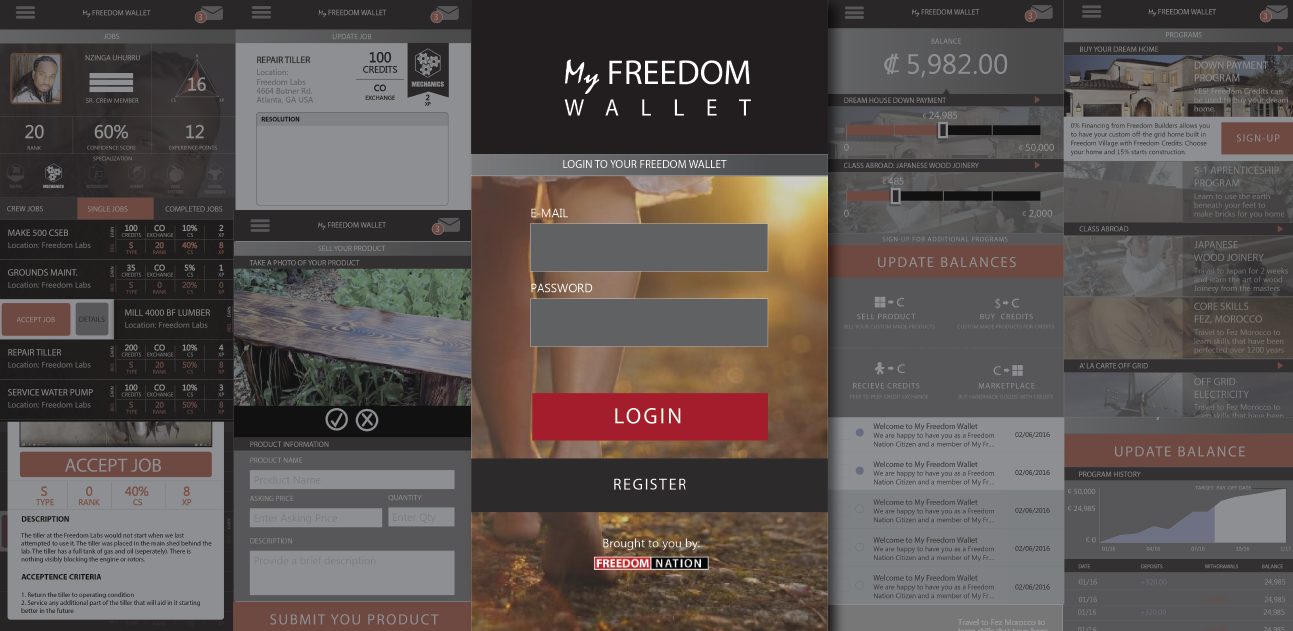
My Freedom Wallet App – Cryptocurrency wallet and Freedom Builders/Freedom Makers’ work management app
Freedom Nation is currently developing their first city in Hancock County, GA. To join the builder or maker co-op you can apply by creating your Freedom profile at http://www.freedomnation.me/apply


